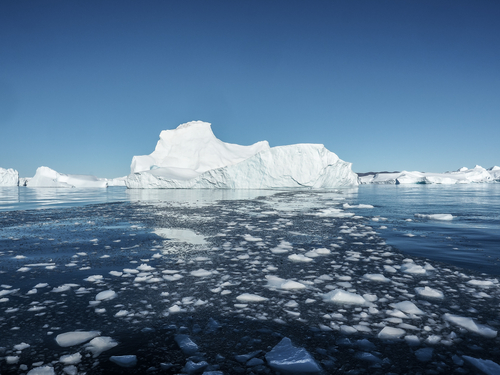
In a twist of irony, efforts to combat one form of pollution may have inadvertently accelerated another aspect of our planet’s ongoing environmental crisis.

A new study by a team of NASA scientists, as published in the journal Nature, suggests that recent international regulations to reduce sulfur dioxide emissions from shipping may have led to increased ocean temperatures, potentially escalating the rate of global warming.

In 2020, the International Maritime Organization implemented stringent regulations to decrease the sulfur content in ship fuel by 86%. This measure aimed to cut down on sulfur dioxide, a pollutant known to form aerosols that reflect sunlight and increase cloud coverage, thus cooling the Earth’s surface.
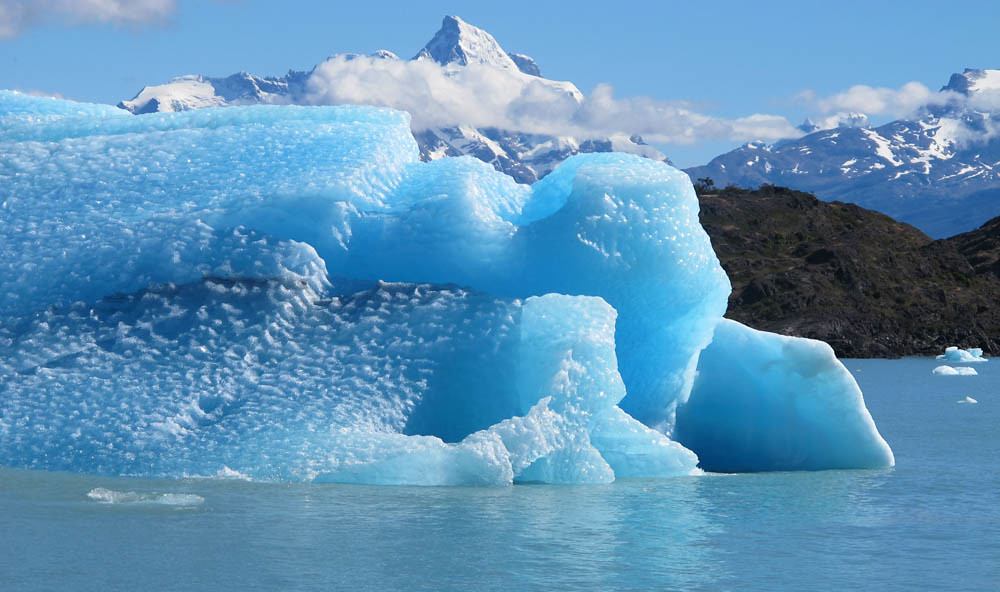
However, these aerosols, while harmful to human health, played a role in shielding the ocean from solar radiation. With their reduction, the study indicates a resultant “termination shock,” which could add approximately 0.16 degrees Celsius (0.29 degrees Fahrenheit) of heat to the world’s oceans over seven years.
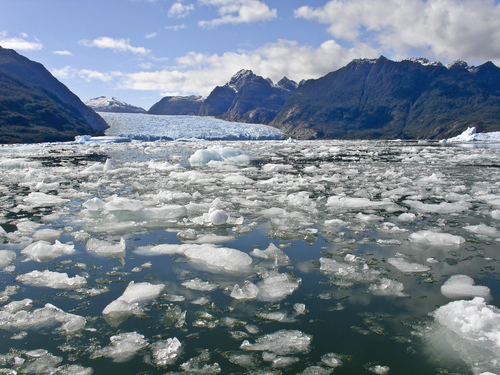
Tianle Yuan, a research scientist and study author, referred to the emission cutback as an “inadvertent geoengineering event.” He acknowledged the potential implications, stating, “If our calculation is right, that would suggest this decade will be really warm.”

This observation is noteworthy given the finding that Earth had experienced its 11th hottest consecutive month on record in April 2024, with scientists agreeing that human activity and the accumulation of greenhouse gases are to blame.
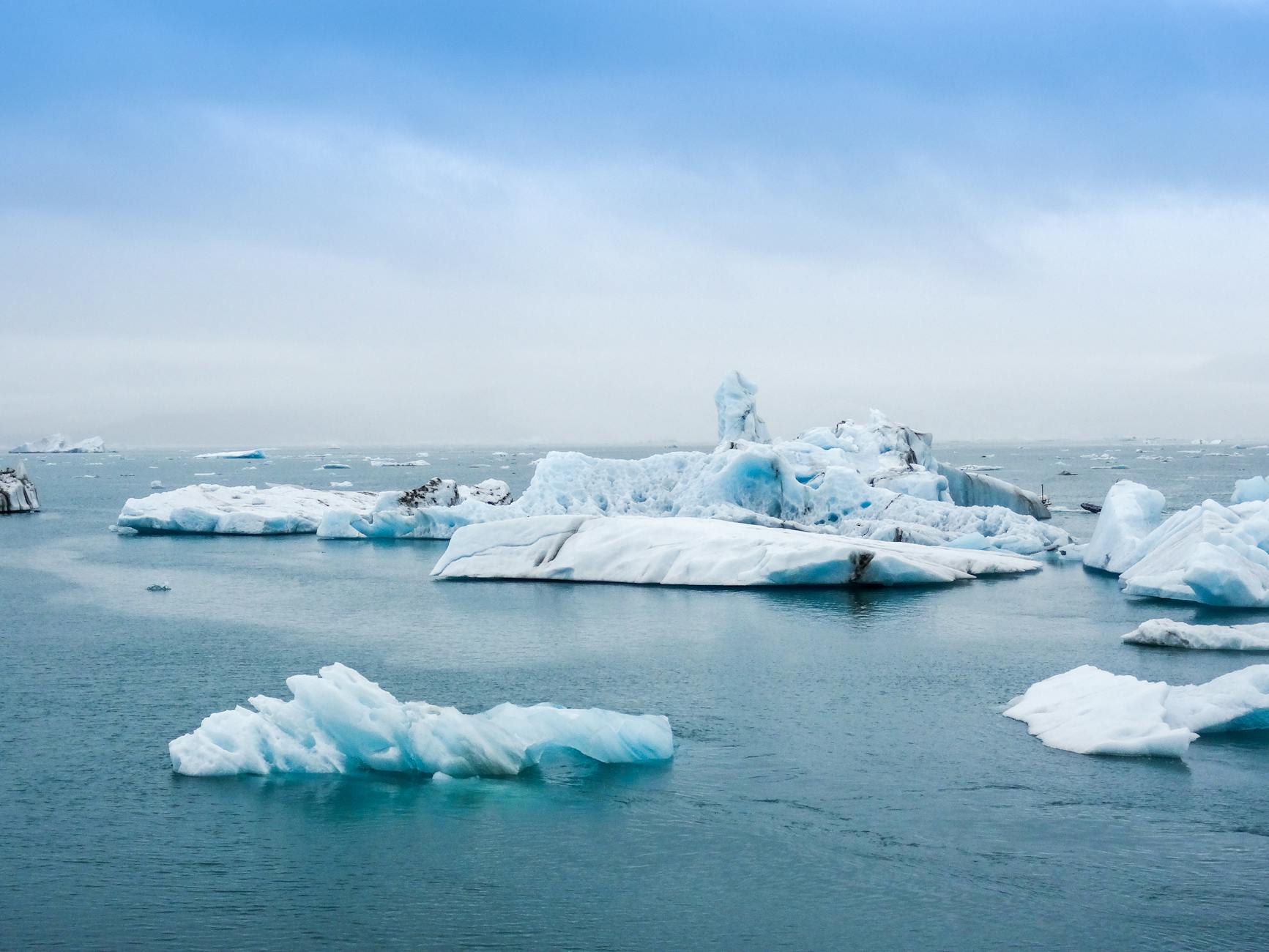
Despite the good intentions behind the sulfur reduction, the study has sparked debate within the scientific community. Laura Wilcox, an associate professor at the National Centre for Atmospheric Science, raised concerns about the study’s methodology, suggesting that it may have overestimated the impact and could lead to misguided policy assumptions.
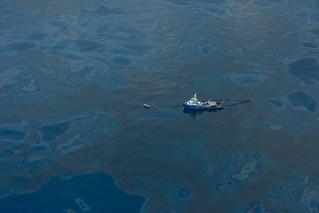
Similarly, Zeke Hausfather, a climate scientist, presented a counterpoint on social media by arguing that the effect of shipping emissions on land should be minimal, thus reducing the total warming effect suggested in the report.

On the other hand, some scientists view the study as a crucial addition to our understanding of the climate. Richard Allan, a professor of climate science, pointed out the urgency of massively and rapidly cutting greenhouse gas emissions.
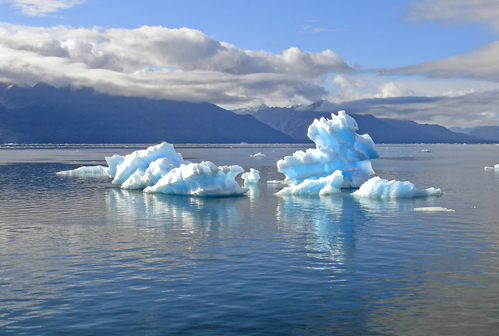
Karsten Haustein, another climate scientist, praised the research for contributing to an understanding of the increasing global radiative imbalance.
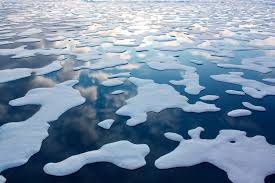
The incident underscores the complexity and interconnectivity of environmental issues, where a solution to one problem may exacerbate another.

It also brings geoengineering, the deliberate large-scale intervention in the Earth’s climate system, back into the spotlight. Hundreds of climate scientists have been skeptical of geoengineering, worried about the potential risks and unknown consequences.
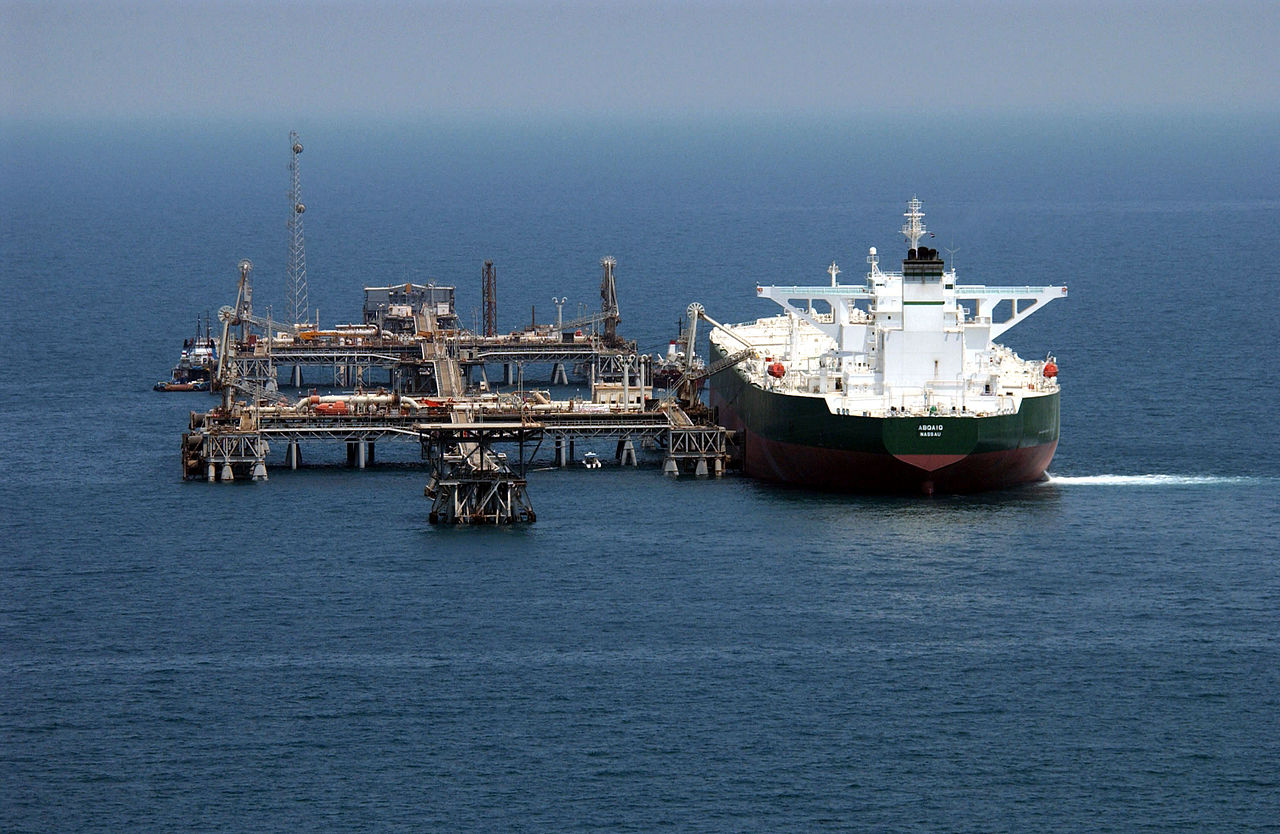
The unpredictability of climate responses to human interventions serves as a cautionary tale. While the effort to reduce sulfur emissions from shipping was a well-intentioned and necessary step for improving air quality and human health, this study reminds us that our planet’s systems are delicately balanced, and even well-planned actions can have unintended repercussions.
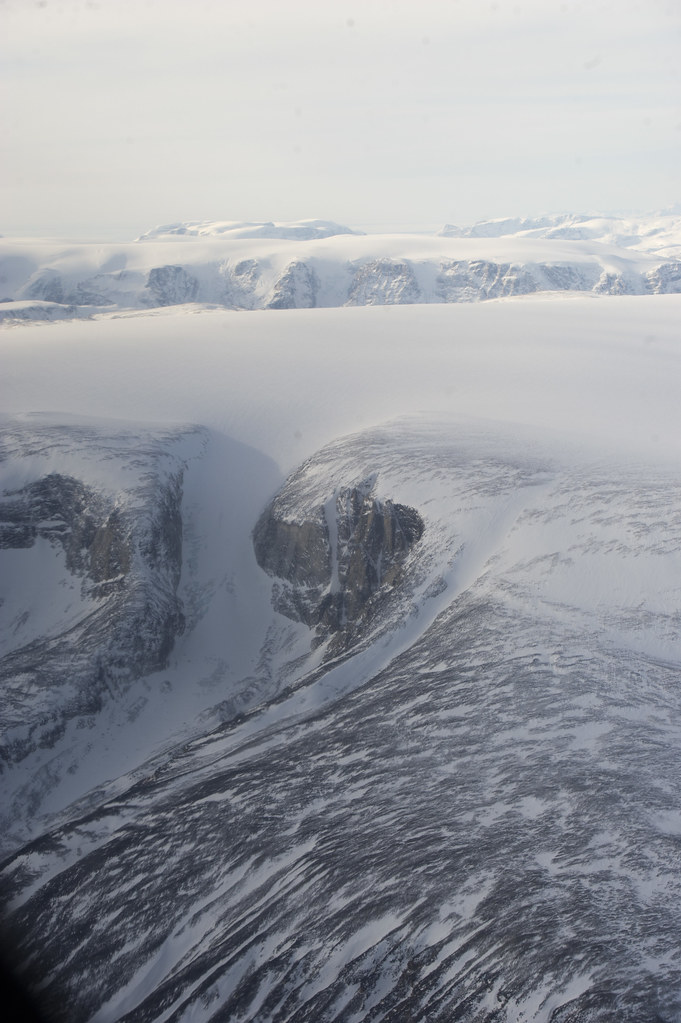
As we move forward, this instance emphasizes the importance of comprehensive research and cautious optimism in addressing the multifaceted challenges of climate change.
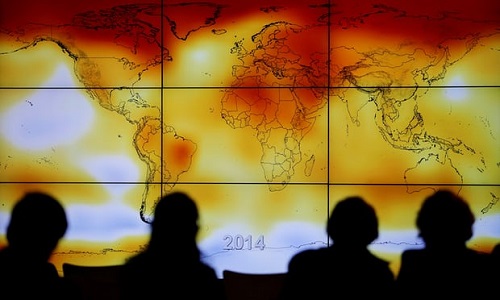
It also highlights the urgency of finding and implementing solutions that address the root cause of global warming—human-induced greenhouse gas emissions—without unintentional negative impacts on the climate system.
Relevant articles:
– Shipping Pollution Curbs Made Climate Change Worse, Controversial NASA Study Claims, Forbes
– NASA Study Finds Evidence That Fuel Regulation Reduced Air Pollution from Shipping, NASA (.gov)
– NASA Science, nasa.gov
– Major Cuts in Shipping Pollution Actually Made Climate Change Worse, Scientists Find, Yahoo
